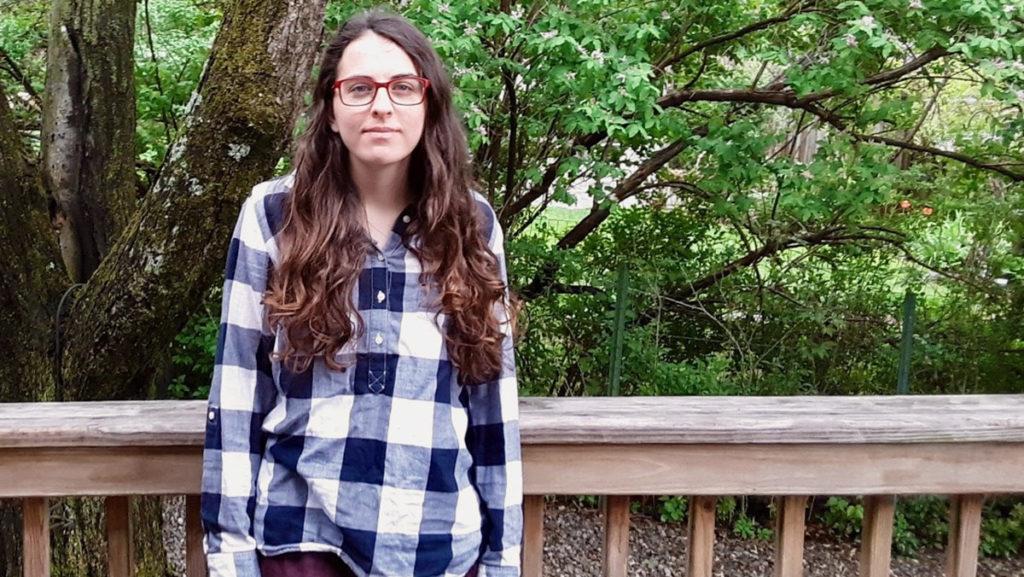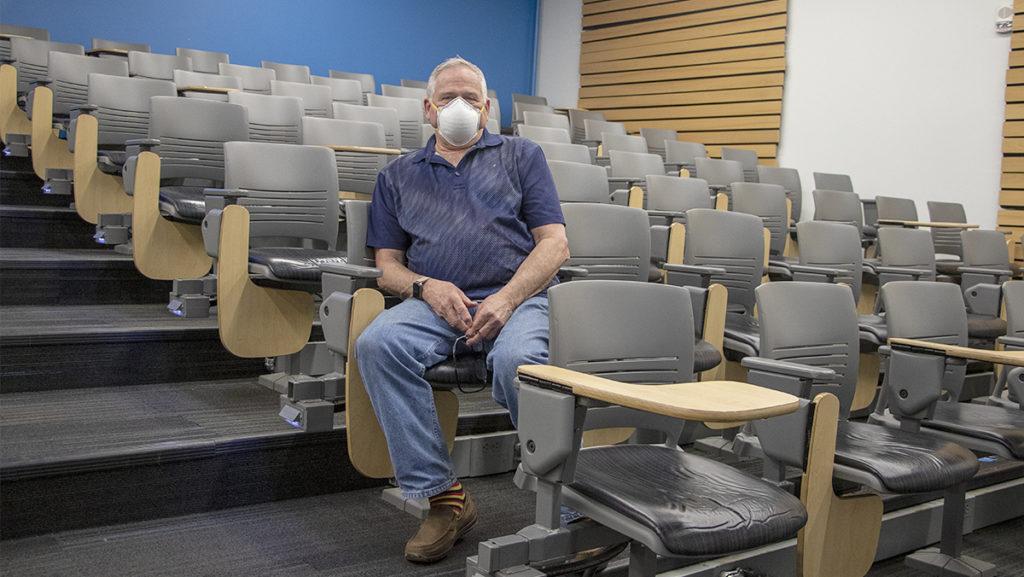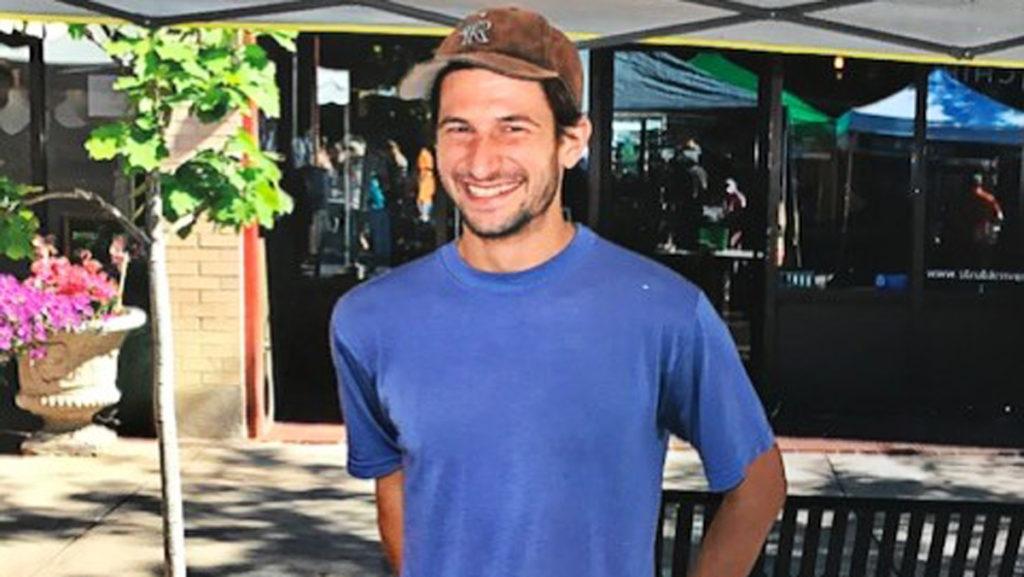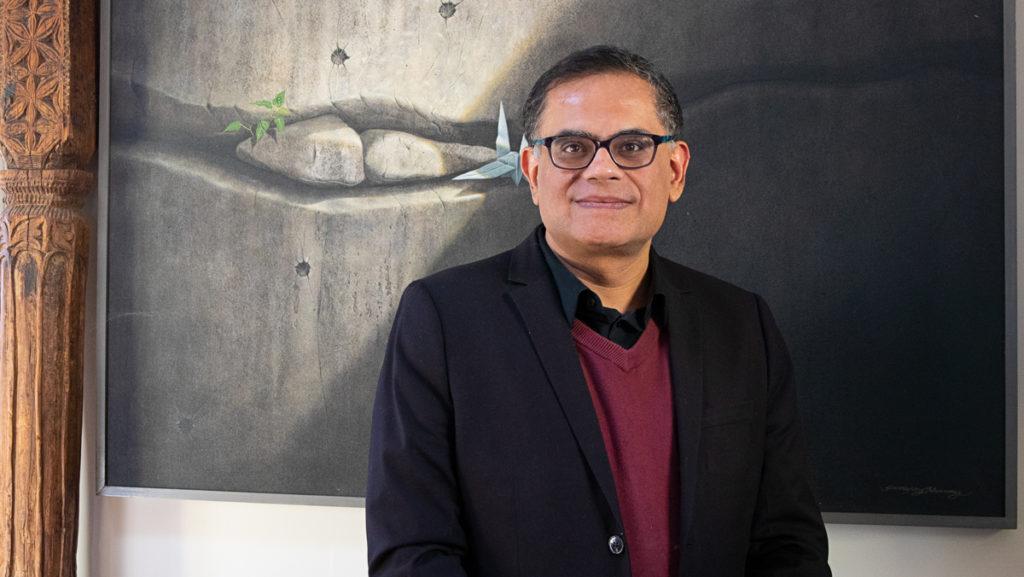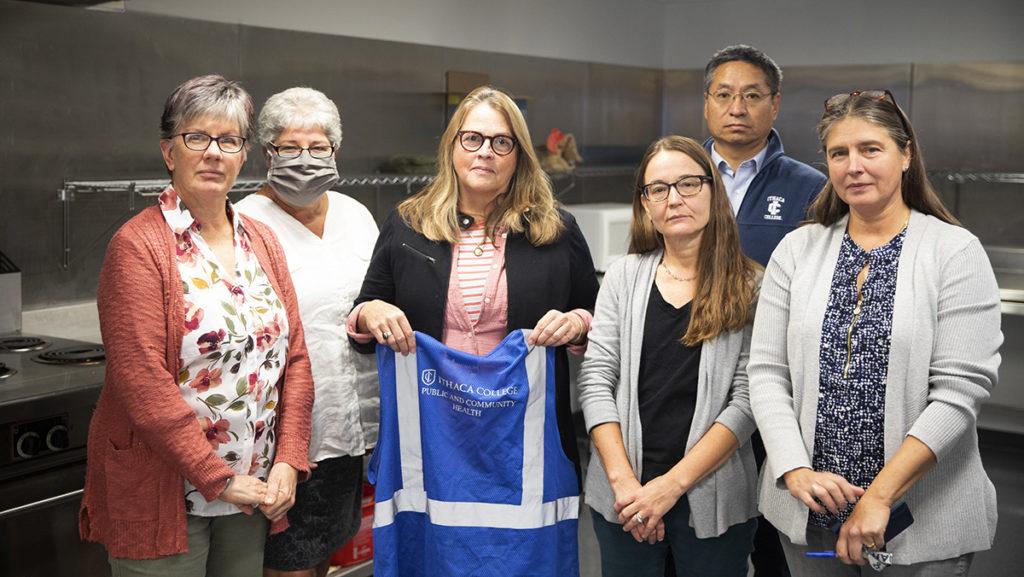Dear Dean Melanie Stein and Provost La Jerne Terry Cornish,
We, the alumni of the Ithaca College Environmental Studies and Sciences Department (ENVS), write to you in support of Dr. Fae Dremock, who is scheduled to be cut from the department as part of the Academic Prioritization Process.
Dr. Dremock was one of the most influential professors we encountered during our time as Ithaca College ENVS majors. She offers important and relevant coursework centering on environmental justice, communication, writing, and activism that is provided by no other professor in the department. Rather than focusing on the ways we have benefited from Dr. Dremock’s expertise personally, we want to help the administration understand what the ENVS program as a whole stands to lose if she were cut.
The emphasis on hard sciences in the department needs to be balanced by learning skills in critical thinking and writing, particularly as part of a liberal arts school. As a human being and as a professor, Dr. Dremock models the importance of these skills. She speaks her mind, even when she risks being judged or dismissed. More often than not, she takes these risks on behalf of her students and their education. These traits are essential for sustaining a robust department and helping the ENVS program to grow. Most of the faculty in our department teach us how to write scientifically and objectively, which is of course a valuable and necessary skill. However, Dr. Dremock is the only professor who teaches us environmental writing, with the purpose of capturing and holding the attention and the hearts of all audiences, including lay persons, across all genres. For example, some of the hottest global temperatures ever were recorded in 2020. How do climate scientists convey the urgency of these extreme temperatures to the world’s citizens? It is nearly impossible to do that with, albeit detailed and accurate, very long and dry scientific reports. This is precisely where Dr. Dremock’s expertise is crucial. She teaches her students how to convey the severity, the destruction, the loss, the heartbreak, the urgency, and the authentic human struggle associated with climate change and environmental destruction. She teaches us how to tell stories by modeling her own story. By revealing to her students what it was like to grow up poor and hispanic in Texas and encouraging her students to showcase their own stories.
Here is a list of the unique courses in which she teaches these skills:
- ENVS 11900 Introduction to Environmental Humanities (fall)
- ENVS 31200 Topics in Environmental Communication (fall)
- IC Growing Roots https://icgrowingroots.space/
- ENVS 36000 Advanced Topics in Environmental Humanities (spring), topics:
- Environmental Democracy: The Problem of Activism
- Homesteading: Memoirs of Living on the Land
- The Unnatural Disaster: “Memoirs” of Climate Change
- Environmental Piracy: Stories of Environmental Contamination e. Against All Odds: Activist Papers (Environmental Justice, Environmental Activism, Scientist Advocacy)
- ENVS 201, 301, 401, 490 Research in Environmental Communication and Independent Study (fall and spring)
As you can see, these courses address environmental justice and environmental activism. She is the only professor in the ENVS department who devotes her course content to issues of environmental activism and communication. In our experience, no other professor has discussed the intersection of racism, classism, wealth inequality, and sexism within the context of environmental action. She truly dives into the complex, multi-layered and multi-faceted nature of environmental justice. She forces her students to think, to contemplate, and to evaluate the decisions that they make as environmentalists. We know this because we’ve been in her courses. We’ve discussed the ethics of contamination, disaster, and triage. We’ve contemplated the layers of decision making that goes hand in hand with addressing a crisis. In a time when this country is finally setting its sights on social and racial justice, this department (and Ithaca College) needs to step up our efforts to be more environmentally and socially conscientious. We gravely need her perspective, her coursework, and her expertise. We need to believe that the college truly values social and environmental justice, related degrees of study, and faculty members who are leading the way.
On a personal note, Dr. Dremock gave us some of the most valuable writing skills of our college careers. She taught us how to examine our writing closely, how to engage an audience, how to write about the places we love, and most importantly, why we write what we write. Finally, as a mentor to students under her wing, she goes above and beyond what we have observed or experienced with many other professors. She invests herself in the success of each and every one of her students, and, particularly when it comes to mentorship and advising, this is incredibly apparent.
We hope that this letter gives you a better understanding of how Dr. Fae Dremock contributes to the Department of Environmental Studies and Sciences and what will be sacrificed if she is cut.
Sincerely,
Christopher Atanasoff, B.A. Environmental Studies ‘20
Allison Brunner, B.A. Environmental Studies ‘20
Cheyenne Carter, B.A. Environmental Studies ‘19
Samantha Castonguay, B.A. Sociology ‘18
Adriana Del Grosso, B.S. Environmental Science ‘18
Lys Hanlon, B.S. Environmental Science ‘19
Ryan Kresge, B.A. Environmental Studies ‘18
Amy Kruzan, B.A. Environmental Studies ‘19
Sophia Lux, B.A. Environmental Studies ‘17
Nicole Marino, B.A. Environmental Studies ‘19
Meaghan McElroy, B.A. Journalism and Environmental Studies ‘20
Carley Newman, B.S. Integrated Marketing Communications ‘18
Denise O’ Leary, B.S. Environmental Science ‘17
Sydney O’Shaughnessy, B.S. Environmental Science, B.A. Journalism ‘17
Ryan Price, B.A. Environmental Studies ‘19
Alejandro Sgobbo, B.A. Environmental Studies ‘19
Isabelle Sibley, B.S. Environmental Science ‘18
Jennifer Skala, B.A. Environmental Studies ‘19
Kathryn White, B.A. Environmental Studies ‘19



